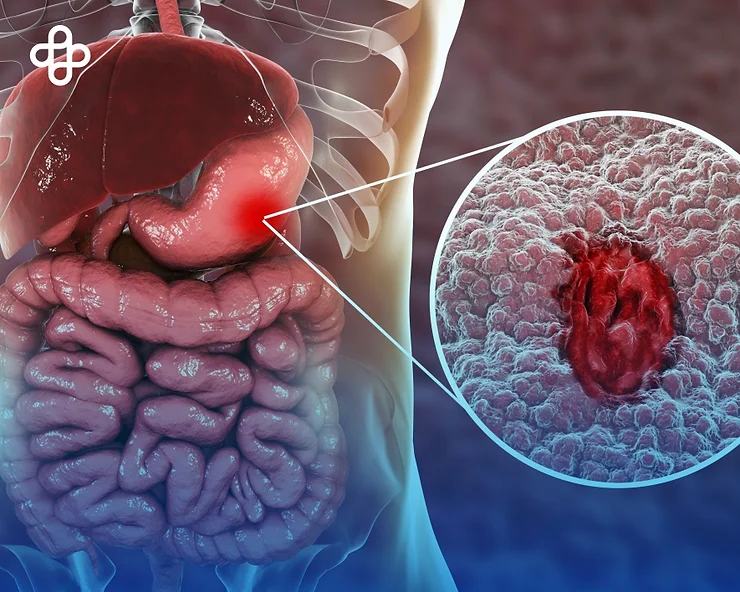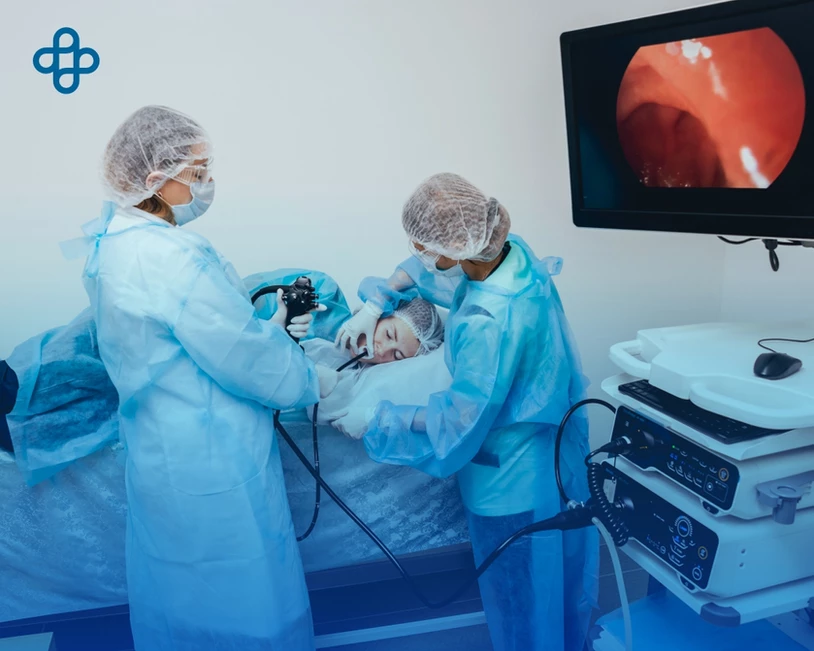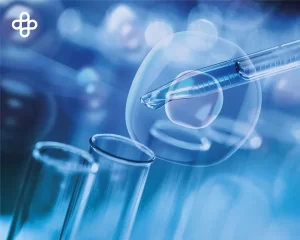Gastritis: Comprehensive Guide to Diagnosis: Gastritis is a common stomach ailment that often requires specific attention for effective management. In the case of acute gastritis, a targeted treatment is usually unnecessary. With a focus on adopting a diet to allows the stomach to rest. Avoiding irritants that may have contributed to its development, such as certain foods or medications, is crucial.
The diagnosis of acute gastritis is typically clinical, often not requiring any special tests. However, if the symptoms persist or are accompanied by acute digestive bleeding, doctors recommend a gastroscopy.
Radiographs with a barium meal study of the stomach and duodenum (barium esophagogastroduodenal study) appear normal in cases of gastritis. For the diagnosis of chronic gastritis, a gastroscopy with stomach biopsies is necessary. In cases of atrophic chronic gastritis type A, blood analysis may reveal the presence of antibodies attacking the stomach wall. Anti-parietal cell antibodies and anti-intrinsic factor antibodies.
In chronic gastritis type B, doctors detect Helicobacter pylori in biopsies. Is it hereditary? The only gastritis with a potential hereditary component is autoimmune chronic gastritis (atrophic chronic gastritis type A).
Treatment for Gastritis: What You Need to Know
Various options exist for the treatment of acute gastritis. In some cases, treatment may not be necessary, as gastritis can resolve spontaneously. It’s essential to avoid irritating foods (such as coffee, tea, alcohol, pepper, mustard, and vinegar) and substances that can harm the gastric mucosa, like anti-inflammatory drugs.
Meals should be divided into smaller portions to avoid fullness, and overly elaborate dishes that may lead to overproduction of gastric acid should be avoided.
Regarding anti-inflammatories. If these are essential, one should take them after meals. Never on an empty stomach and with protection through medications like omeprazole.

Most cases of acute gastritis do not require specific treatment other than adopting a diet to allows the stomach to rest and avoiding irritants that may have contributed to its development, such as certain foods or medications.
In infectious gastritis, a few days of dietary restrictions are usually sufficient. For gastritis caused by medications or toxins, treatment with medicines that reduce stomach acid production (omeprazole or similar) may be necessary.
Chronic gastritis typically doesn’t require specific treatment unless complications arise. Doctors should correct Vitamin B12 deficiency with intramuscular injections.
In cases of Helicobacter pylori-related chronic gastritis, treatment to eradicate the bacterium is usually not recommended unless there’s an associated ulcer or other complications.
Final Thoughts
Gastritis improves as the patient’s condition does, with lesions disappearing approximately 48 hours after the aggression. In cases of complications like digestive bleeding, a gastroscopy may be necessary, although often the bleeding stops spontaneously without invasive tests.
Surgery, usually involving the complete removal of the stomach, carries a high mortality rate and should only be considered as a last resort.
Your doctor will recommend treatments based on the type and cause of gastritis or gastropathy. Treating gastritis and gastropathy can alleviate symptoms, if present, and reduce the likelihood of complications.
Source: National Institute of Diabetes and Digestive and Kidney Disease
I invite you to delve a little deeper with our article on Stem Cells and their applications.





